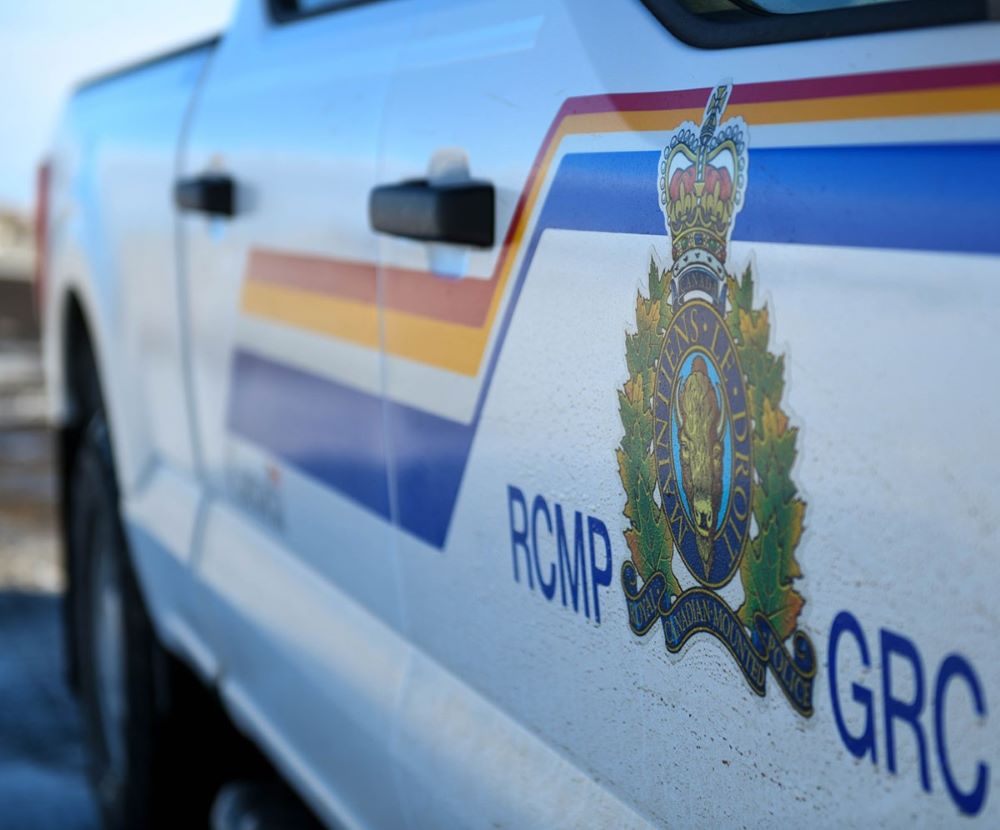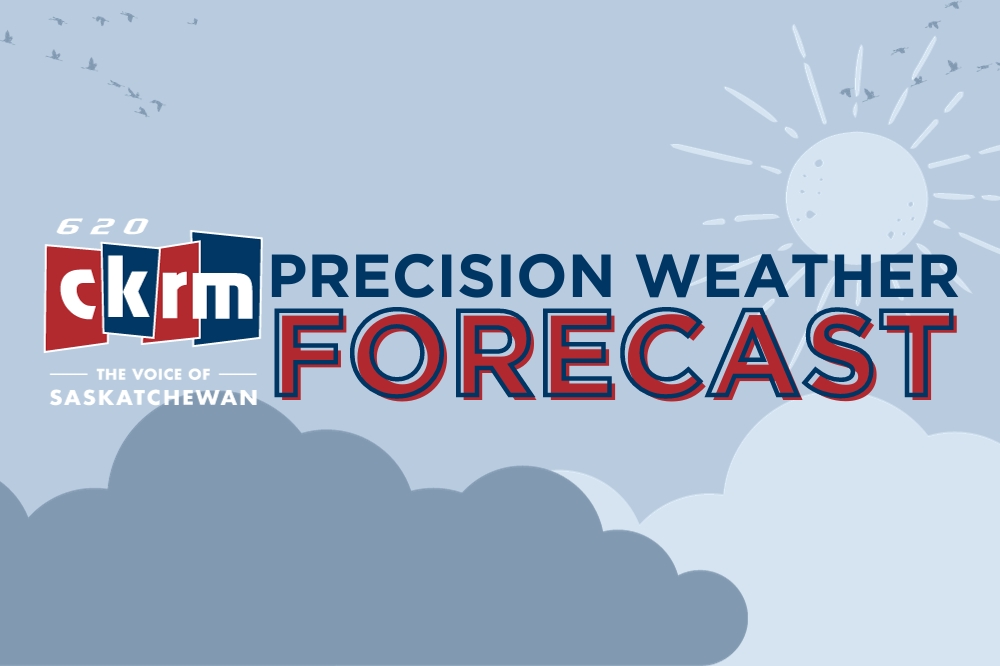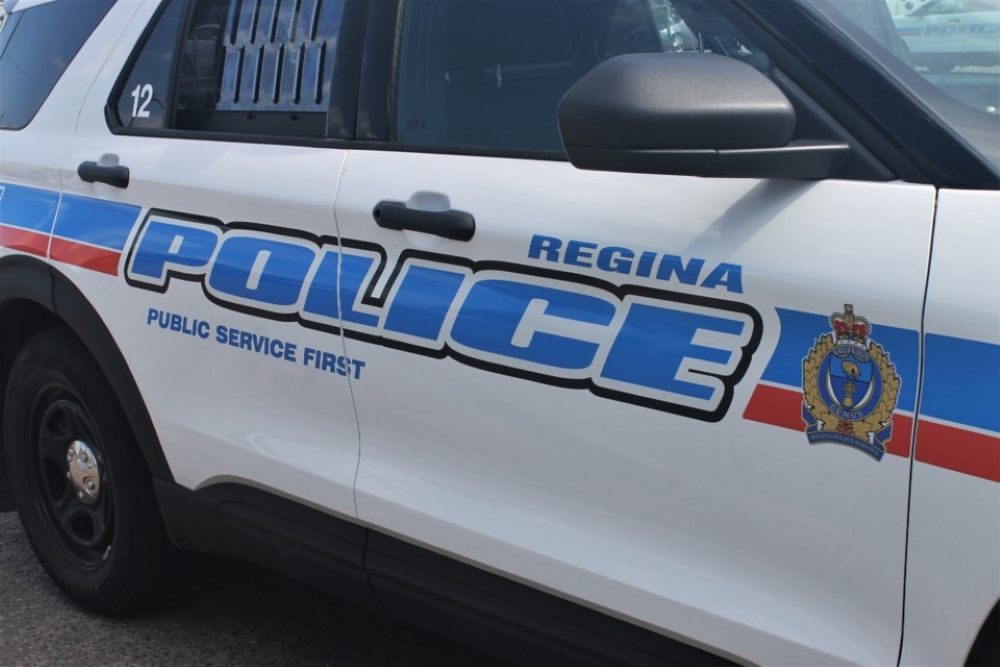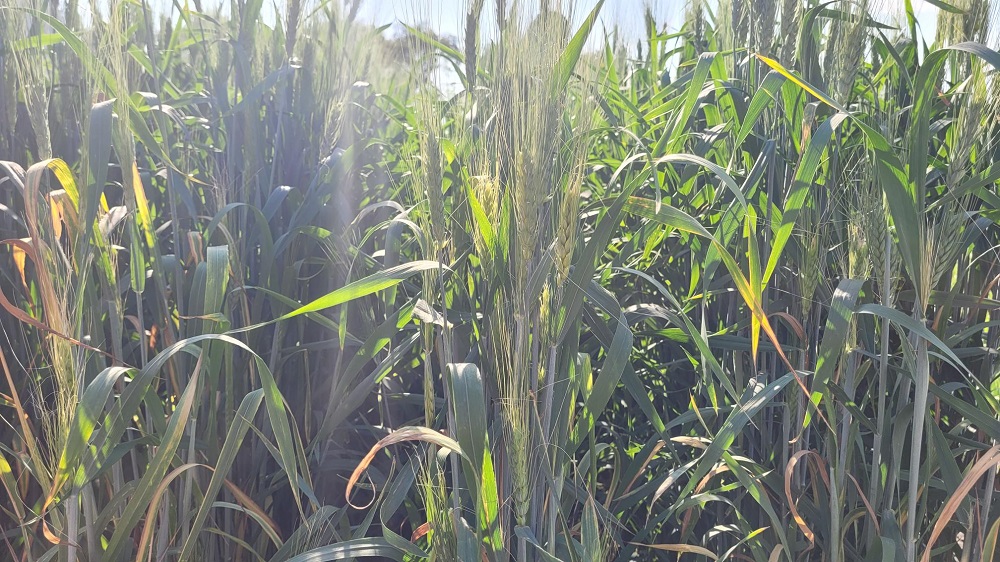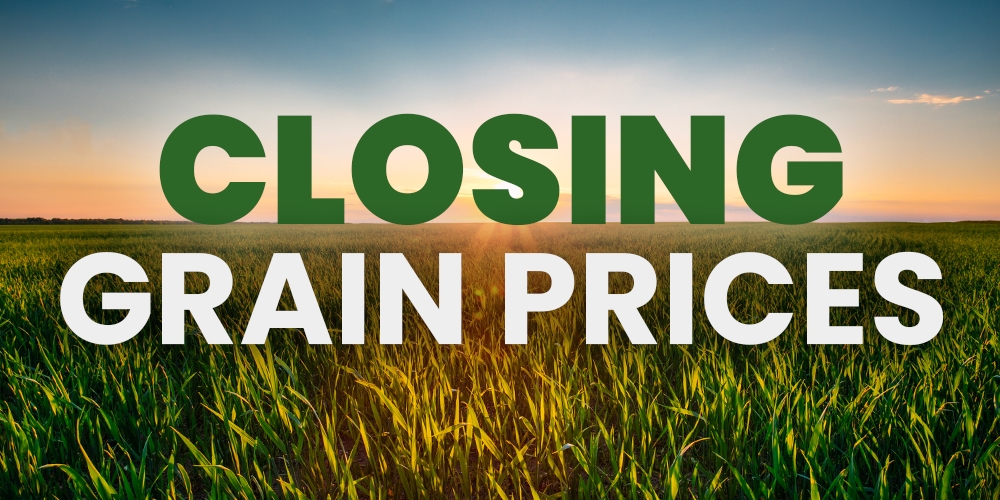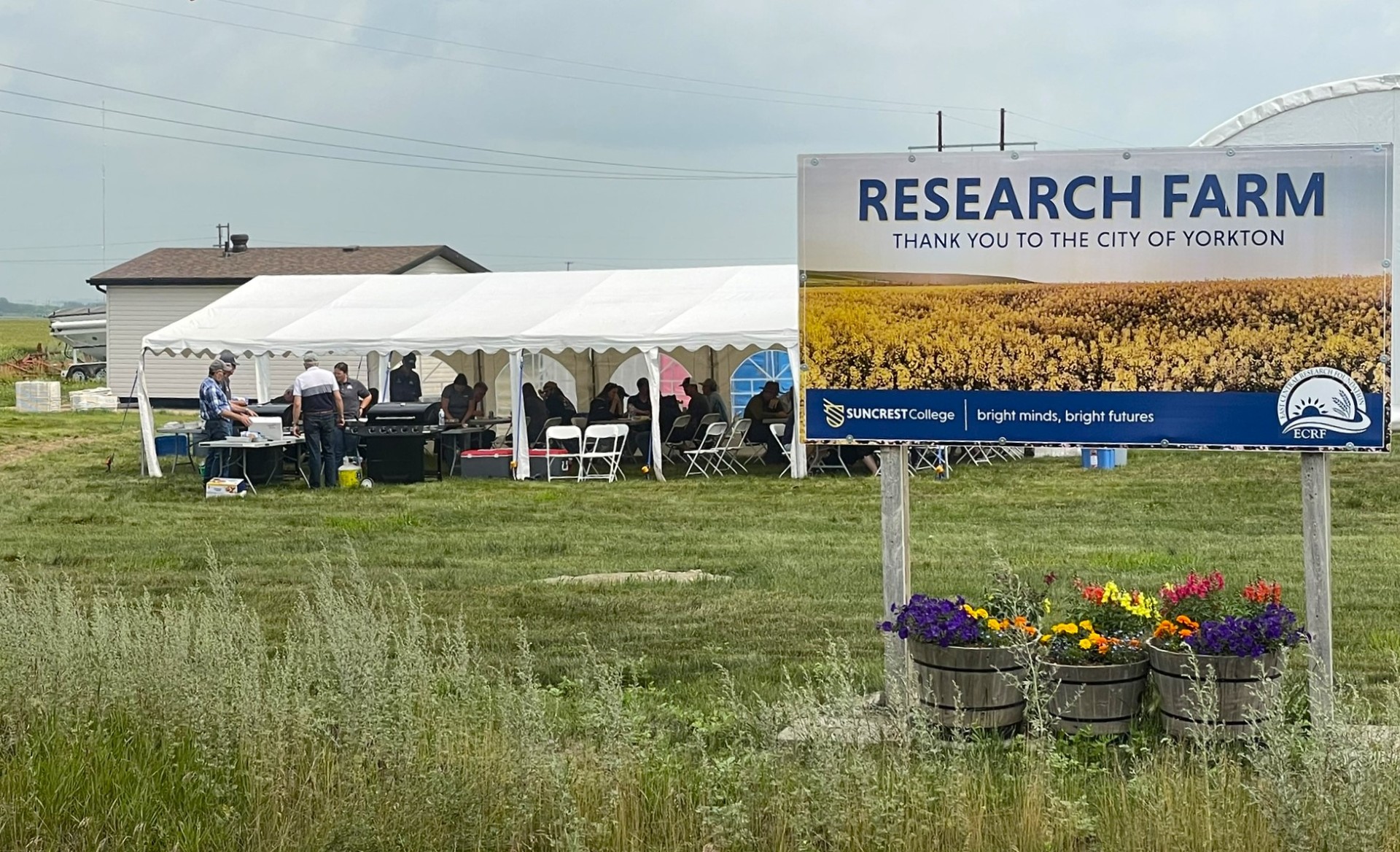Regina residents will be seeing a two per cent increase in their water utility rate.
The increase comes after the cost of the Buffalo Pound Water Treatment Plant renewal plan went up by $72.8 million.
The initial cost estimate for the project was $252.8 million; however, due to COVID-19 pandemic, climate change, global logistics bottlenecks, and the conflict in Ukraine has raised the estimated cost to $325.6 million.
Barry Lacey, the executive director of Financial Strategy & Sustainability with the City of Regina, said that the City would decide how they want to implement the utility rate increase.
“We have the opportunity to determine how we will implement that two per cent increase,” he said. “Do we do it in a lump sum? Do we phase it in over a couple of years? I think when we bring forward the 2023/2024 budget, that will be the opportune time to bring recommendations to council on how best to implement that increase.”
Last year, the City of Regina had committed up to $60 million towards the project, with the City approving an additional $40.7 million to be borrowed for the project.
Judith May, chair of the finance and audit committee of the Buffalo Pound Water Treatment Corporation, said that the plant needs upgrades.
“The last time there were upgrades in the late 1980s,” she stated. “We are definitely reaching the end of the useful life of most of our equipment.”
The plant, which opened in 1955, supplies potable water to more than 260,000 residents in Regina, Moose Jaw and other communities in the region — almost a quarter of Saskatchewan’s population.
The renewal project will include upgrades to the main treatment plant, pump stations and reservoirs, touching almost all facility areas. Some areas will be demolished, some new construction will occur, and other plant parts will be gutted for significant renovations.
With the first round of financing almost approved, construction is expected to begin soon, with the possibility of shovels being in the ground by the first week of June.



